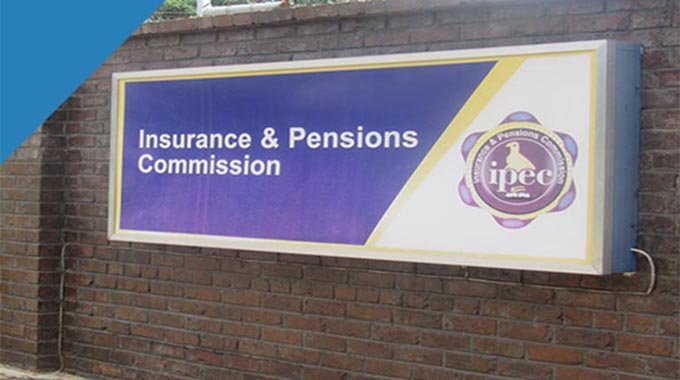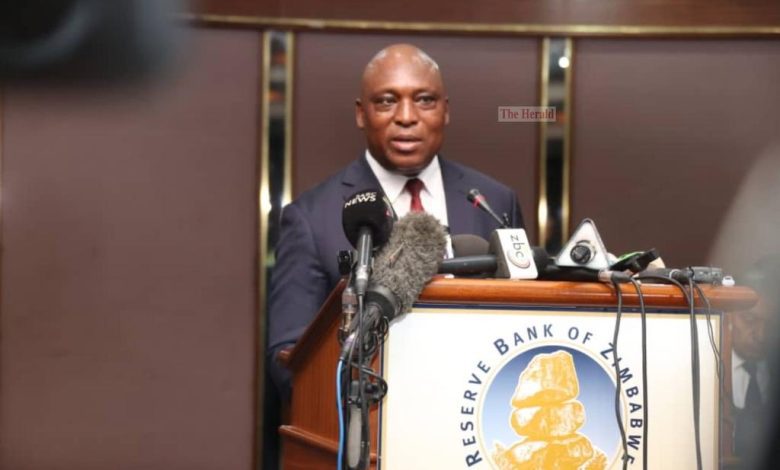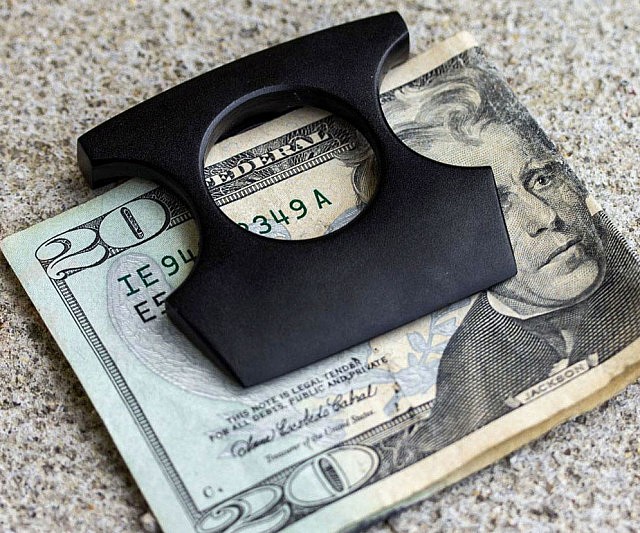Govt, contractors lock horns over payments
The Government is not relenting on its demands to get value-for-money and will not pay for goods and services that are overpriced, according to a senior government official.
In August, Treasury suspended payments to contractors that were overpricing their goods and services amid allegations that these were causing runaway inflation and a fast depreciating local currency.
“Such pricing framework by the suppliers of goods and services, have not only been causing inflationary pressures but also parallel market activities,” Secretary for Finance and Economic Development, George Guvamatanga said then.
According to Guvamatanga, the inflated prices had eroded the national budget and created “inherent fiscal risk of unsustainable budget overruns and budget deficits”.
There were, however, fears that the measure to suspend payments to contractors will delay public projects and that such contractors also risk closing shop.
Guvamatanga, however, said the Government was not letting up on its quest to get “value for money.”
He said contractors under the Emergency Road Rehabilitation Programme (ERRP), as well as players in the tourism sector, were the major culprits when it comes to overcharging for their goods and services.
“But I had a meeting with them (contractors) last week (two weeks ago) and told them they have to go back and revalidate their prices. I paid them only 30 percent so that they can at least pay salaries and meet a few other obligations,” said Guvamatanga.
He also singled out hoteliers that are also charging Government 1,5 times what they charge everyone else.
The Government pays hoteliers accommodation fees for officials on Government business including legislators when they are on Parliament business.
He said the Government will not pay suppliers and service providers that are still using higher rates for pricing.
The Government also announced it had taken drastic measures against contractors that continue to siphon their proceeds into the parallel market thereby causing domestic inflationary pressures.
In a statement released by Treasury this week, the Government said contractors, even those that would have passed through the Value for Money process and having received their payment from government still tend to channel those proceeds via the parallel market.
A total 19 firms have been identified by the Financial Intelligence Unit (FIU) to be involved in this “unlawful conduct.”
To deal with non-compliant contractors, with a view to plug parallel market dealings, Government has blacklisted the 19 firms including Nariox (Pvt) Ltd, New Age Marketers (Pvt) Ltd, Pepwit Investments (Pvt) Ltd, Tirumi Investments (Pvt) Ltd, Mwendo Africa (Pvt) Ltd and Construction Warehouse (Pvt) Ltd among others.
The Procurement Regulatory Authority of Zimbabwe (PRAZ) will be advised accordingly, to blacklist these entities from doing business with Government,” reads part of the statement released by Treasury on Wednesday.
“The Government of Zimbabwe remains committed to maintaining macroeconomic stability and the elimination of harmful and destabilising arbitrage conditions that have pervaded the economy at the expense of the generality of citizens,” Treasury said.
ZNCC economist, Jephias Makiwa, said the contractors were naturally chasing the greenback as a store of value.
“From a rational point of view, their action is justifiable in that as an entrepreneur or individual, you wouldn’t want to hold on to the Zimbabwean dollar when it was losing value on a daily basis.
“So, as the exchange rate was rapidly depreciating, you go and offload your ZWL earnings on the parallel market as soon as you receive the money isn’t it?” asked Makiwa.
Trigrams market analyst, Walter Mandeya, said what is needed to instill discipline in the market is orthodox management of fiscal and monetary policy.
“It’s an issue of confidence, people still doubt whether they won’t lose value if they hold the local currency. We have witnessed stability for a while now, both month-on-month and annual inflation is coming down, but because we are using unorthodox measures to stabilise the economy, economic agencies remain doubtful,” said Mandeya.
Economic analyst, Farai Mutambanengwe, said the fact that even those that would have passed through the “value for money process” are going to the parallel market is testimony that the problem is more than people overcharging government.
“Anyone receiving Zimbabwe dollars would want to convert primarily because most of those people are actually buying supplies using US dollars.
“At the end of the day it’s something that everyone is doing, yes you can showcase a list of 19 but the fact of the matter is that everyone is doing it.”
He said most of the suppliers are paying for fuel, paying rentals, and importing some of the supplies that require US dollars hence the participation in the parallel market.
“At the end of the day, we are still just chasing our own tail, it’s just a continuation of a problem that’s there. Government is trying to police the problem away.
“The problem will only go away if they fix the distortions on the forex market,” Mutambanengwe said.
Livestock and Meat Advisory Council (LMAC) chief executive Dr Reneth Mano said companies are obligated to preserve the value of their local currency earnings against rising inflation and negative real interest rates on Zimbabwe dollar bank deposits.
“Some may choose to buy bricks while others might choose to buy ZSE shares of performing counters. Above all options, the easiest thing to do is to convert ZWL into USD cash holdings so that one can meet monthly wage bill and Zesa bills all of which are now quoted in USD and payable in USD and/or ZWL.”
“The Ministry of Finance approved USD Zesa billing to companies and USD under the multicurrency regime. What the Ministry should do therefore is to facilitate sale of USD by banks to Government contractors. Not just gold coins,” Mano said.-ebusinessweekly











